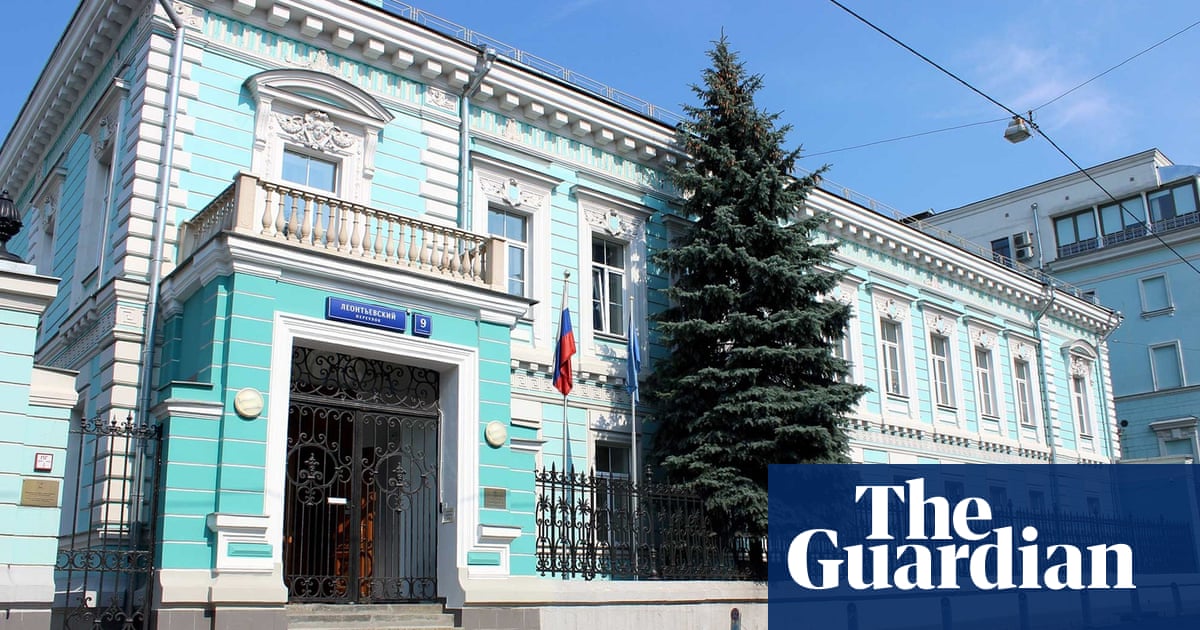
The trend of climate activists targeting famous artworks across Europe has been in the spotlight recently. When this first occurred — as the British group Just Stop Oil threw tomato soup at Vincent van Gogh’s “Sunflowers” in London’s National Gallery last month — I was shocked, but I strongly believed that such actions would not be repeated as, in the 21st century, people are mature enough to respect and value the heritage left by past generations. Moreover, I believed that these actions brought nothing except destruction. However, further acts followed, such as in Germany, where mashed potato was thrown at a Claude Monet painting.
One of the most recent incidents occurred on Nov. 5, when two climate activists each glued a hand to the frames of world-famous paintings by Spanish master Francisco Goya in Madrid’s Prado Museum. The timing was significant, shortly before the COP27 climate change conference in Egypt. Even if the timing was impeccable, it seemed complete nonsense to me. That weekend, I was in St. Petersburg, walking in the Palace of the Yusupovs on the Moika — built by French architect Jean-Baptiste Vallin de la Mothe in a variety of architectural styles, including Baroque and Rococo — and having the privilege of viewing Leonardo da Vinci’s “Madonna Litta” in the Hermitage Museum. While walking amid this beauty, I considered how we should measure the actions of this new movement: Should we view them as activists or vandals?
The latest attack took place on Nov. 15, when climate activists in Austria targeted a painting by Gustav Klimt, with one throwing a black, oily liquid at it and another gluing himself to the glass covering the painting. I found myself thinking that it was now the time to openly express my view on this movement.
First of all, before it is too late and real damage to world heritage occurs, global governance must take measures. To date, there has been a joint statement by 100 directors of high-profile museums, including many of those that have already been targeted, such as the heads of the British Museum, the Victoria and Albert Museum and the National Gallery in London; the Metropolitan Museum of Art, the Museum of Modern Art and the Guggenheim Museum in New York; the Louvre, the Musee d’Orsay, the Centre Pompidou and the Musee National Picasso-Paris in France; the Uffizi Gallery and Peggy Guggenheim Collection in Italy; and the Museo Nacional del Prado and the Guggenheim Museum Bilbao in Spain. They stated that, “as museum directors entrusted with the care of these works, we have been deeply shaken by their risky endangerment.”
However, it requires further statements and the work of worldwide organizations, such as UNESCO, to spread awareness about this problem.
A youth art contest, #CreateCop26, was launched in partnership with UNESCO’s Regional Bureau for Sciences in Latin America and the Caribbean, within the framework of the UN summit, to raise awareness of the climate debate. Similar collaborations could be organized with the UAE — the host of the 2023 UN climate change conference (COP28) — and its national museums, such as Louvre Abu Dhabi, scheduling events that focus on awareness of climate change, in addition to the protection of paintings and world heritage.
UNESCO could also make an official statement to tackle this issue, especially by offering stronger security measures at museum entrances, requiring all bags to be placed in lockers. Such a requirement is already found at the British Library in London. There should be a special meeting to discuss this issue at the global level.
Before it is too late and real damage to world heritage occurs, global governance must take measures.
Dr. Diana Galeeva
Further, social media has given these activists a platform. For example, there are videos circulating of one Just Stop Oil activist explaining why she threw soup at the Van Gogh painting. As more of these incidents occur, they are given a larger platform and attract greater attention. Perhaps their coverage should not be so widespread. Finally, these activists must be fined, given the antisocial nature of their actions.
To conclude, everyone will have their own opinion on whether these actions are vandalism or activism. I believe each generation must bring new elements, but also preserve the old. However, with these actions, the old is being destroyed or at least placed in danger, while nothing new is brought. Before it is too late, this vandalism must be ended by worldwide measures.
Dr. Diana Galeeva was an academic visitor to St. Antony’s College, Oxford University (2019–2022). She is the author of two books: “Qatar: The Practice of Rented Power” (Routledge, 2022) and “Russia and the GCC: The Case of Tatarstan’s Paradiplomacy” (I.B. Tauris/Bloomsbury, 2023). She is also a co-editor of the collection “Post-Brexit Europe and UK: Policy Challenges Towards Iran and the GCC States” (Palgrave Macmillan, 2021). Twitter: @diana_galeeva












